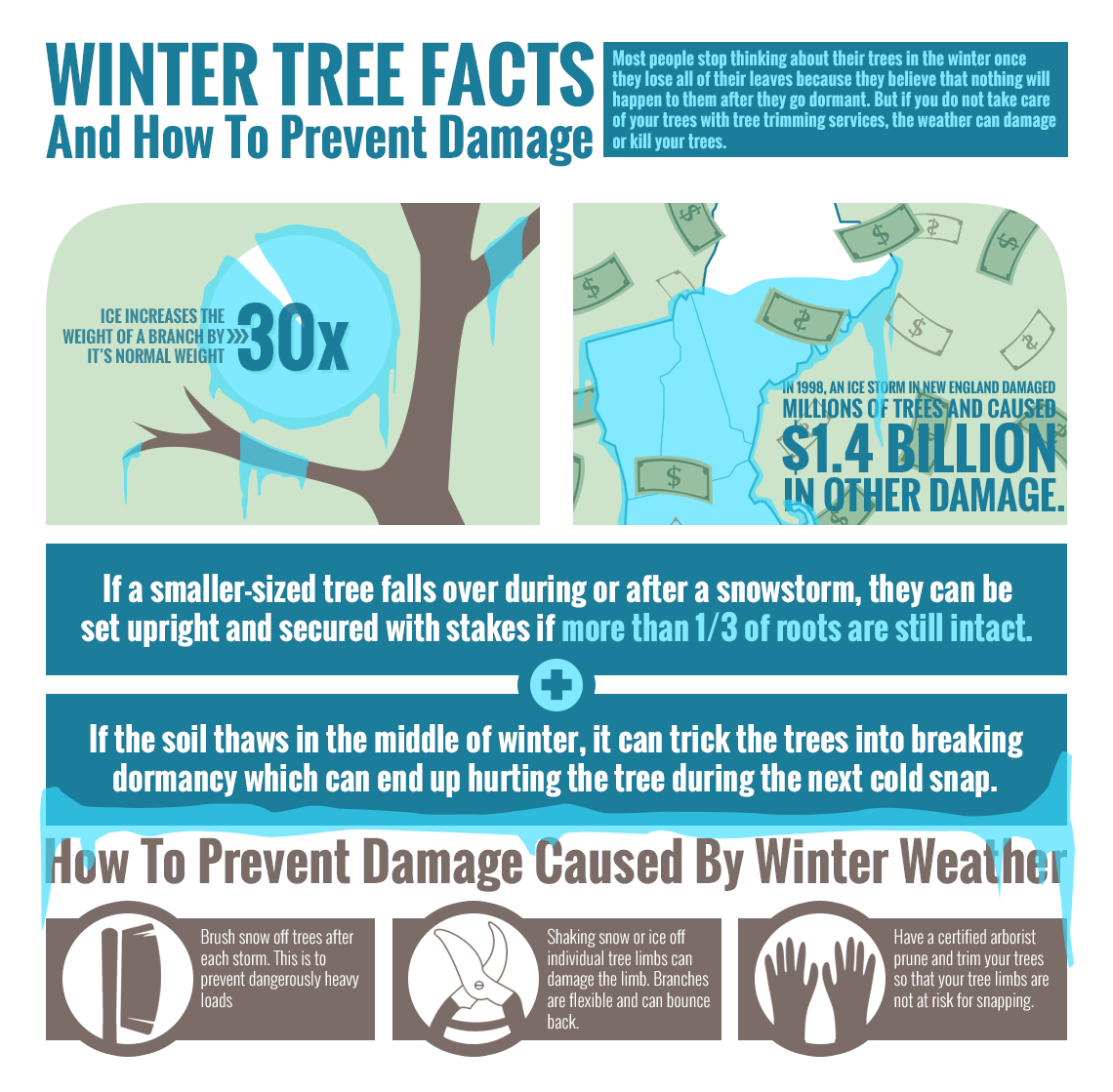The Ecological Impacts Of Cutting Down Trees: Trick Insights You Need To Consider
The Ecological Impacts Of Cutting Down Trees: Trick Insights You Need To Consider
Blog Article
Material Author-Marks Diaz
When it concerns the ecological impact of tree elimination, there are important facets that demand your interest. From the elaborate internet of relationships within environments to the succeeding results on environment patterns, the consequences are extensive. You could be stunned to uncover the complex methods which the removal of trees can resound throughout the setting. Keep tuned to untangle the detailed connections and ramifications of this apparently straightforward act.
Deforestation and Environment Loss
Logging and habitat loss are essential concerns coming from tree removal. When trees are reduced, it interrupts whole ecological communities. Not only are the trees themselves lost, yet the homes and food sources of numerous plant and pet varieties are ruined as well. Birds lose their nesting sites, mammals shed their shelter, and pests shed their habitats. The effects ripple via the food web, influencing killers and victim alike.
Furthermore, logging adds to climate change. Trees play an important duty in taking in co2, a greenhouse gas that catches warm in the atmosphere. With less trees, there's less carbon dioxide absorption, causing enhanced degrees of this gas in the atmosphere and worsening global warming.
Habitat loss is a straight outcome of deforestation, as the damage of woodlands indicates the loss of distinct and diverse ecosystems. Several species are not able to adjust to fast adjustments in their environment, bring about populace declines and, in some cases, extinction.
Safeguarding forests is vital to preserving the delicate balance of nature and making sure the survival of many plant and animal species.
Effect on Biodiversity
The removal of trees has a significant influence on biodiversity, affecting the range and wealth of plant and animal types in an area. Trees give environment and food resources for many organisms, from insects to birds to mammals. When trees are gotten rid of, these species shed their homes and resources of nutrition, resulting in a decrease in their populations. This disturbance can have cascading impacts on the whole community.
Additionally, trees play a critical role in keeping biodiversity by creating microhabitats within their canopies, trunks, and roots that support a vast array of species. When trees are cut down, these specialized settings are damaged, lowering the general variety of the area.
In addition, the removal of trees can cause a decrease in genetic variety within plant populations, as specific tree varieties may no longer be able to replicate or spread properly. Protecting trees and woodlands is necessary for protecting biodiversity and ensuring the health and wellness of ecological communities for future generations.
Soil Disintegration and Environment Change
With trees being removed from a location, the interruption of dirt structure and stability takes place, causing enhanced dirt erosion. Trees play a crucial role in protecting against erosion by holding soil in position with their root systems. When trees are gotten rid of, especially in lots, the dirt comes to be extra susceptible to disintegration from wind and water. simply click the up coming internet page affects the immediate environments yet can likewise cause sedimentation in nearby water bodies, affecting water high quality and aquatic ecological communities.
In addition, trees aid regulate the climate by taking in co2 throughout photosynthesis. When trees are reduced, this all-natural carbon sink is lessened, adding to increased levels of greenhouse gases in the environment. This can aggravate climate modification, bring about even more extreme weather occasions and disruptions in ecological communities worldwide.
As a result, the elimination of trees not just accelerates soil erosion yet additionally contributes in the larger environmental issue of climate change. It's essential to think about these elements when assessing the influences of tree elimination on the environment.
Conclusion
Now that you recognize the ecological effect of tree removal, think about the repercussions prior to lowering trees. Logging interferes with ecosystems, decreases biodiversity, and contributes to dirt erosion and environment change. By being mindful of the influence of tree elimination, you can help protect our environment and maintain the fragile balance of nature. Make educated selections and take into consideration alternative options to lessen the negative effects on our earth.
